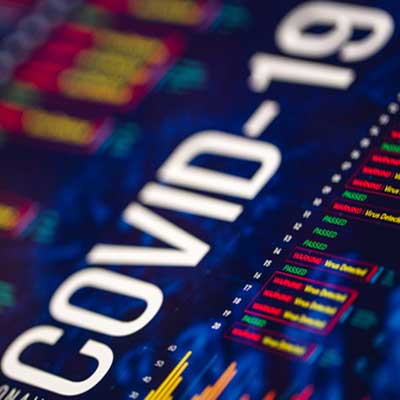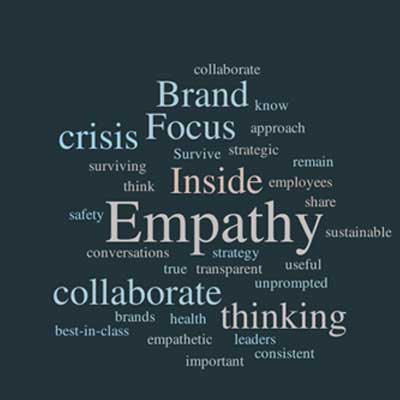Creating A Post COVID-19 People Strategy | Aparna Sharma | Senior HR Professional & Certified Corporate Director I Editor’s Collection
 The global COVID-19 pandemic has fast become the biggest global event of our lifetimes. Our experiences―as customers, employees, citizens, humans―are forever changed, and our attitudes and behaviors are changing as a result.
The global COVID-19 pandemic has fast become the biggest global event of our lifetimes. Our experiences―as customers, employees, citizens, humans―are forever changed, and our attitudes and behaviors are changing as a result.
Today, many of us are focused on the here and now. Our health and that of our family, friends and colleagues; the ability to access the food and supplies we need; our job security; the financial impact on our employers, clients and partners.
Prior to the crisis, Industry 4.0 was an area of great interest to many organisations which were meticulously working on planning for the future. It was an exciting topic with huge potential benefits and was widely regarded as a ‘positive’ and future, forward thinking topic.
At this point, it seems insensitive and inappropriate to discuss Industry 4.0 in the way it was discussed pre-crisis. The business drivers of Industry 4.0 pre-crisis were focused on competitive advantage, cost reduction, productivity, sustainability and innovation. The goal was to make well run businesses run better.
I believe that a key learning from the crisis will be driven by manufacturers’ reliance on human capital and the impacts of social distancing. If we go one level deeper than the supply chain view, then manufacturing in particular will be highlighted as a big area for improvement.
Once the immediate threat of the virus has passed, what will have changed in the way we think and behave, and how will that affect the way we design, communicate, build and run the experiences that people need and want?

Here are five major human implications to expect from people’s behavior now, and later. Each has deep experience implications for all organizations.
1. Focus on Trust: The erosion of confidence will make trust much more important than ever before. Focus will be on confidence-building among people through every possible mechanism.
2. The Virtual Century: Anything that can be done virtually will be. Winners will be those who test and explore all of the associated creative possibilities.
3. Every Business is a Health Business: A health economy will emerge with opportunities for all to plug into.
4. Cocooning: the retreat to a safe space: Self-isolation means a return en masse to home as the epicenter of life and experience.
5. The Reinvention of Authority: If governments generally get their handling of the crisis right, expect top-down control to be back in fashion; if not, expect the opposite.
Over the last ten years, leading companies have already instituted behavior change tools and practices to monitor, collect, analyze and act on a mix of digital surveys, behavioral signals, listening and sentiment. Now, the need for these capabilities will become foundational to experience creation, and the speed at which companies can – and, increasingly must – respond to them will become sources of competitive advantage.
Industry 4.0 will have a different role from today onwards. Its role would be to:
1. Help ensure that more companies survive
2. Shorten the recovery phase and help return businesses to normal operations as soon as possible
3. Provide the platform to develop new, more resilient businesses in the medium to long term


